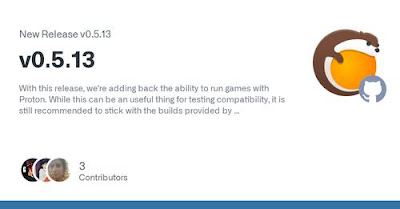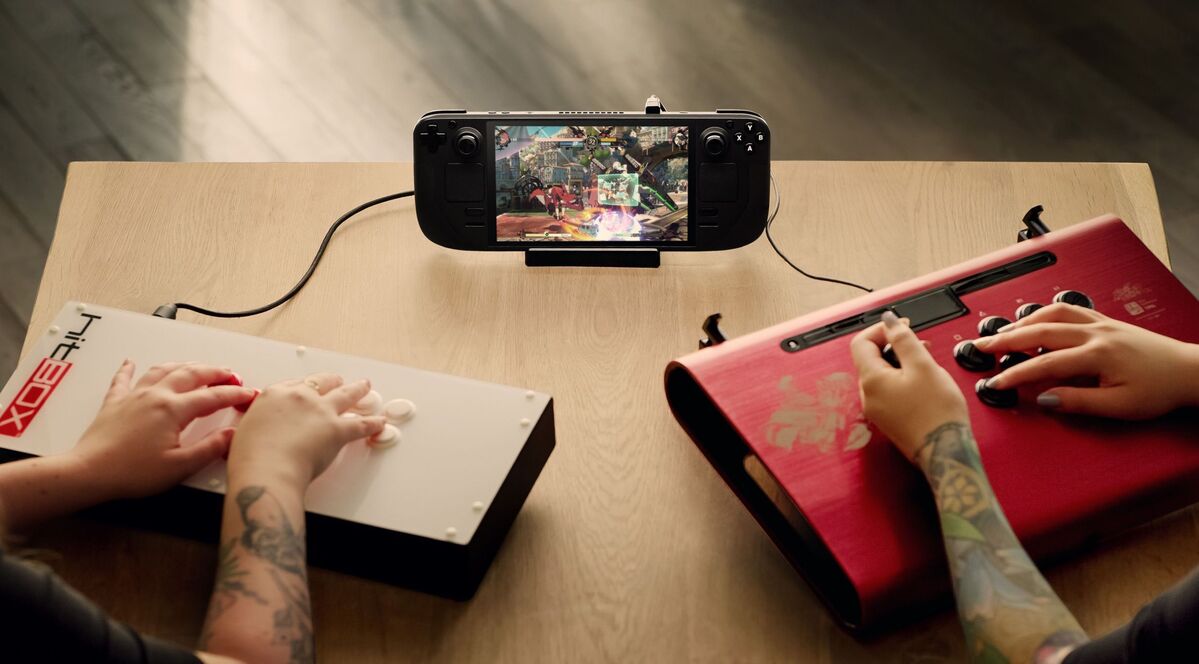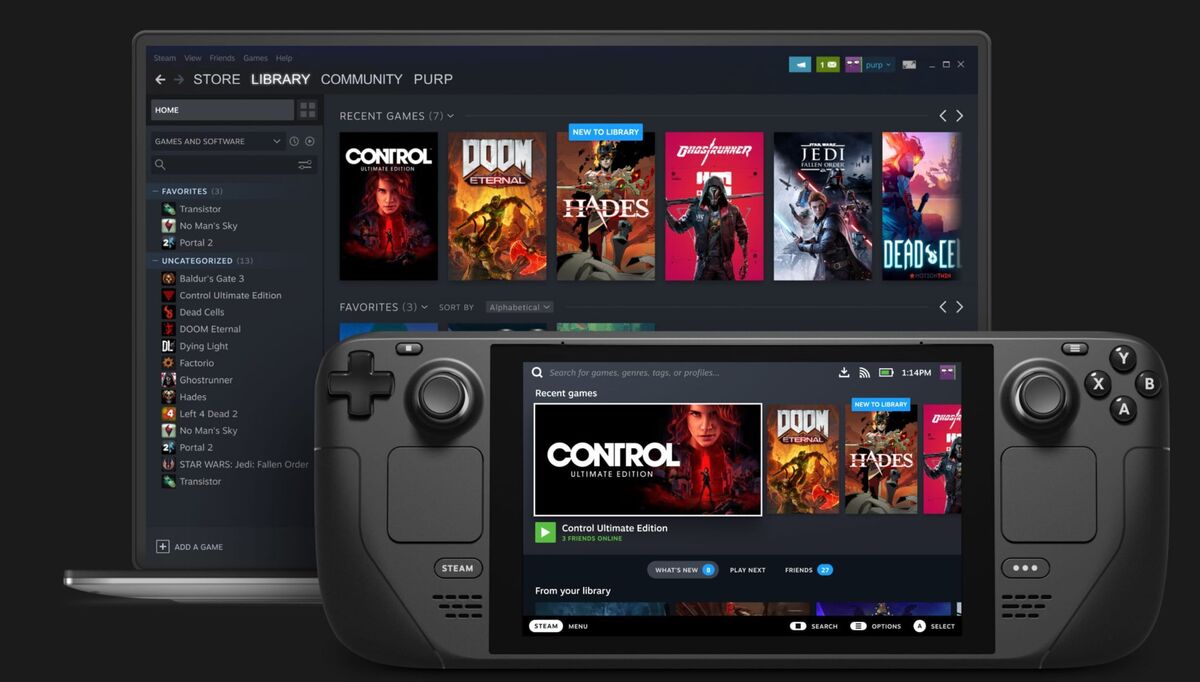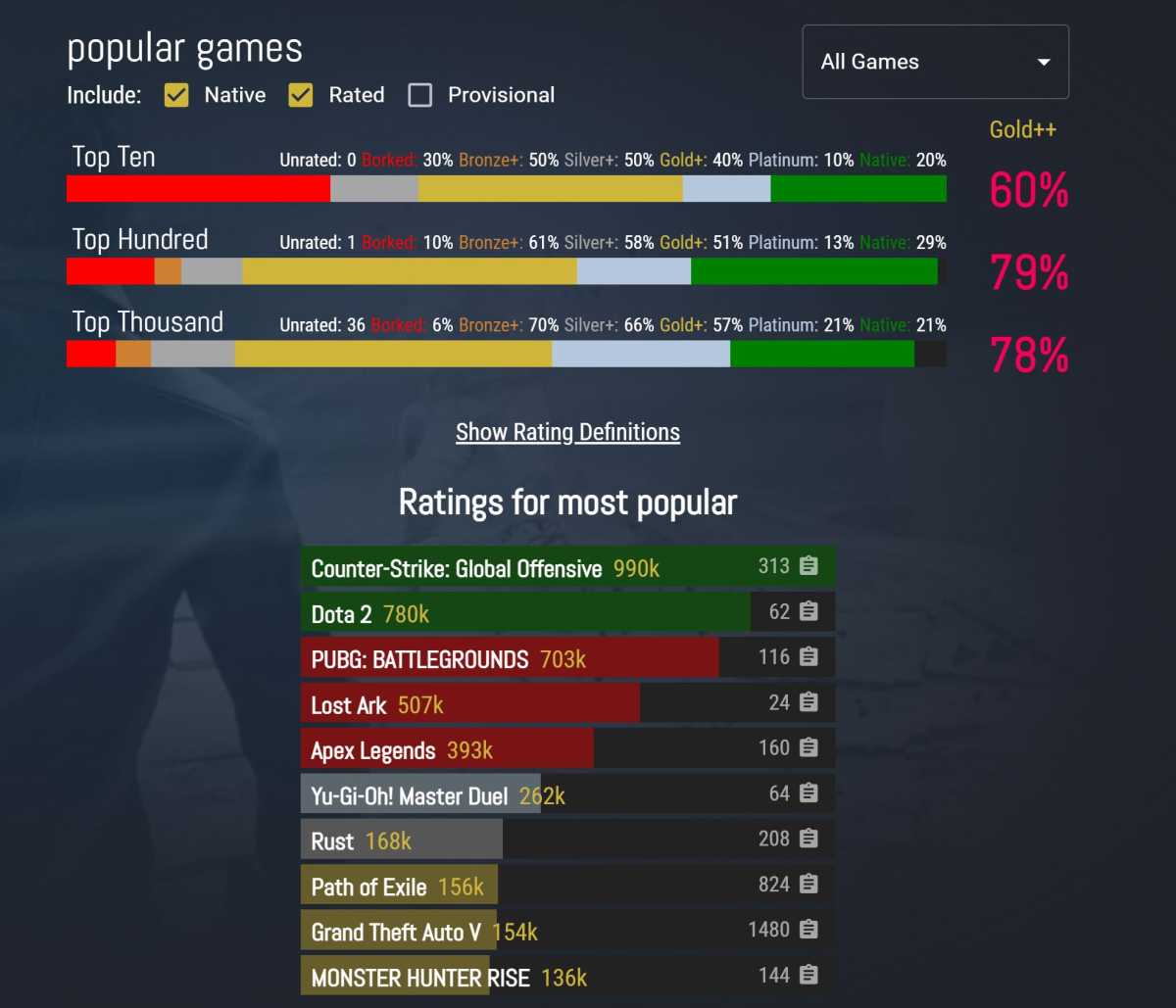Has it really been that long? Apparently so. Valve originally announced their rebranding of Steam Play with Proton back on August 21st, 2018. Seems like a good time for a quick reflection being halfway to a decade old now.
The problem: before, during and just after the original Steam Machine push developers just weren't porting many games to Linux, and on the whole really when you look back Linux gaming was in a period of mostly stagnation. Nothing much was happening. A lot of the early porting work that came along was slowly dying off since the Steam Machines didn't provide the boost Valve and Linux gamers were hoping for.
Originally, “Steam Play” simply meant you could buy a game on Steam and get access to all versions of it. So if you purchased a game on Windows, you could play it on Linux if it had a Native Linux version (same again for macOS). Clearly though, that wasn't enough for what Valve had planned. So if Valve wanted to make Linux a better platform for people to actually use it, they needed something more.
Popular games needed to be able to run on Linux if more people were to use it, because what good is a platform for gaming if tons of the most played games weren’t compatible? As Valve saw with the Steam Machines (not the only reason of course) it doesn’t end well.
I remember being sat in my office at the time, going over my TODO list of various articles and games to cover, planning the week ahead. Ready to then probably go to bed and then BAM — out of nowhere this announcement comes along from Valve that basically said “you're going to be hella busy, better get a lot of coffee”. Valve had partnered up with CodeWeavers and Proton was the answer.
Proton being the name Valve gave to their fork of Wine with a bunch of added extras, and it has changed Linux gaming forever. Steam Play is more than just Proton though, be sure to read my full Steam Play Proton guide. Side-note: John Carmack (id Software / Oculus VR / Keen Technologies) even thought Wine was the solution back in 2013.
Of course Proton wouldn't have been possible without all the many years of work that went into the Wine project in the first place, and everyone who contributed to Wine should be applauded for their effort. Valve has funded a lot of extra work though to get things like DXVK and VKD3D-Proton for the translation from Direct3D to Vulkan into a state where performance can be really great! Valve also funds work on Linux graphics drivers, Linux kernel work and the list goes on.
Just how much has Proton changed things though? Well, we certainly wouldn't have the Steam Deck if it wasn't for Proton. There's no way Valve would have released their handheld without as many games as possible, clearly learning their lesson on the failure of the Steam Machines. But as we all know, the Steam Machines burned so Proton and the Steam Deck could rise from the ashes.
Proton just makes a lot of sense. It didn't take long for Valve to expand Proton to go initially from a few select Valve-approved titles, to being able to run anything we choose to try with it. From there, Linux gaming just seemingly exploded. And then eventually we saw why Valve made Proton with the Steam Deck announcement coming less than three years later in July 2021.
When you look at the crowd-sourced reports on ProtonDB over 11,000 titles are reported to work by multiple people. It's a small fraction of Steam's overall game count but ProtonDB relies on people actually going and writing a report.
Valve's own Deck Verified rating system just for the Steam Deck hit plenty of milestones since the Steam Deck's release too, now having over 10,000 titles rated to be Playable or Verified. Although both ProtonDB and Deck Verified include a mixture of Native Linux releases and Windows games run with Proton. The point is - being on Linux now for a gamer means quite often a huge amount of your games do actually "just work". It's almost magical.
The real number of games playable on Linux will never be truly known though, because on Steam there's many tens of thousands of games and a lot of them will likely "just work" with Proton if they don’t have a Native Linux build available…and many more are releasing every week. This is a truly incredible place to be in. When you think about Linux and Steam Deck together having just less than a 2% user share on Steam overall — these are some insane numbers for game compatibility for a niche platform.
Thanks to Proton, I've been able to discover a ton of new favorite games, some I would never have played before. Games like Deep Rock Galactic, God of War, Death Stranding, Baldur’s Gate 3, Brotato, Beat Saber and so on. You get the idea, there’s a truly ridiculous selection of games available and at times it’s a little paralysing scrolling through my Steam Library deciding what to play — a delightfully annoying problem to have huh?
Run Microsoft Windows Applications and Games on Mac, Linux or ChromeOS save up to 20% off CodeWeavers CrossOver+ today.






















